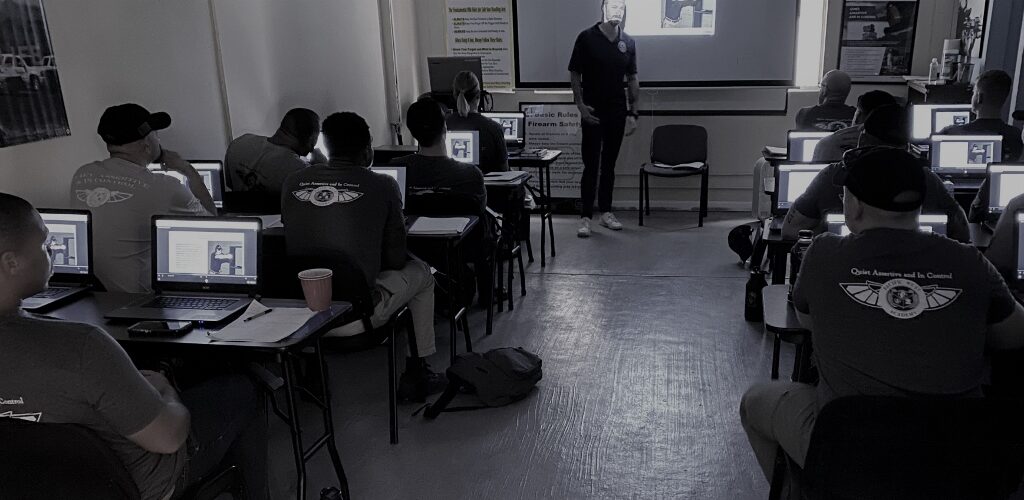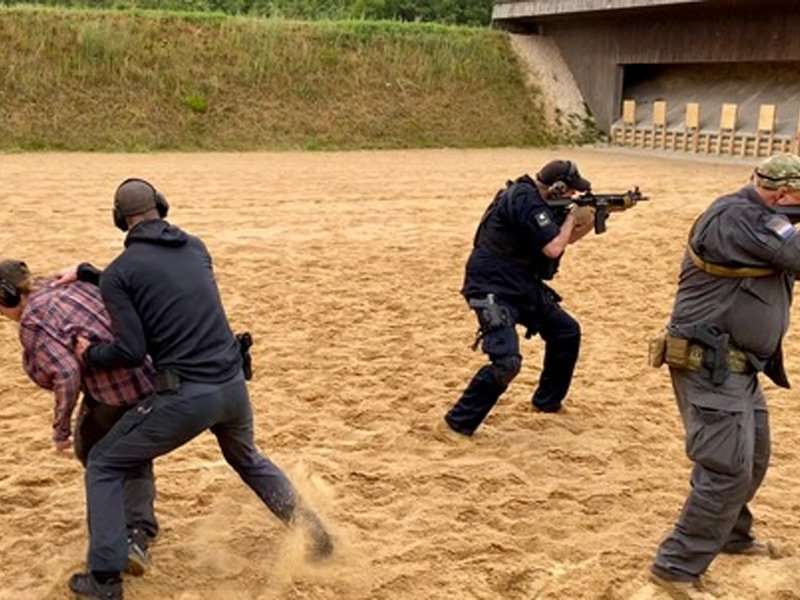In an increasingly unpredictable world, the demand for skilled executive protection professionals has surged. These individuals are entrusted not just with the safety of high-profile clients but also with maintaining their sense of normalcy in turbulent times.
At the heart of effective executive protection programs lies a set of core values that guide every decision, action, and interaction. These principles, ranging from integrity and vigilance to adaptability and discretion, form an essential framework for practitioners.
Understanding these core values is paramount, as they not only shape the behavior of security personnel but also build trust between them and the individuals they protect. As we delve deeper into the tenets that underpin executive protection, we uncover the philosophies that ensure safety amidst chaos and foster a culture of respect and responsibility.
Professionalism

Professionalism in executive protection programs encapsulates more than just a polished appearance or adherence to protocols; it represents a deep-seated commitment to integrity, discretion, and accountability. Operators are trained to operate under intense pressure, making split-second decisions that could impact the safety of their clients.
This level of responsibility necessitates not just technical skills, but also the capacity for ethical judgment and effective communication. A professional protector embodies respect for client privacy and exhibits unwavering reliability, ensuring that every interaction, whether with clients or external parties, reflects the highest standards of conduct.
Moreover, the dynamic nature of the job demands adaptability and a proactive mindset, fostering a professional atmosphere that encourages collaboration and growth within the team. In essence, professionalism is the bedrock upon which trust is built, shaping the very essence of effective executive protection.
Risk Management

Risk management stands as a pillar in executive protection programs, embodying the dual essence of foresight and preparedness. In an unpredictable world, the ability to anticipate threats—ranging from personal safety concerns to complex geopolitical issues—requires a nuanced understanding of both the environment and the subject being protected.
Effective risk management is not merely about reaction; it’s about developing proactive strategies that involve constant assessment and adjustment. This includes meticulous planning, thorough background checks, and simulated scenarios that challenge the protectors to think on their feet.
Moreover, communication is vital; sharing insights and intelligence among team members ensures that everyone is aligned and ready to respond to varying degrees of risk, from routine situations to escalating crises. Ultimately, fostering a culture of adaptability and vigilance allows professionals to navigate the intricate tapestry of challenges inherent in high-stakes protection.
Physical Fitness and Wellness

Physical fitness and wellness are often regarded as foundational pillars within executive protection programs. These initiatives extend beyond mere physical training; they embrace a holistic approach to well-being that fuels the mind, body, and spirit.
Participants engage in rigorous physical conditioning, honing their strength, agility, and endurance to meet the demands of their critical roles. Yet, the journey doesn’t stop there.
Mental resilience is equally prioritized, with techniques like mindfulness and stress management integrated into the curriculum. This multifaceted focus not only prepares protectors for the high-stakes environments they may encounter, but it also fosters a strong sense of discipline and commitment to a healthy lifestyle.
Ultimately, the emphasis on physical fitness and wellness cultivates an empowered mindset, establishing executive protection professionals who are not only capable but also adaptable in the face of unexpected challenges.
Conclusion
In conclusion, the core values taught in executive protection programs are essential not only for safeguarding individuals but also for fostering a culture of professionalism, integrity, and vigilance within the security industry. These values, such as risk assessment, communication, adaptability, and ethical responsibility, equip security professionals with the tools necessary to navigate complex situations while ensuring the safety of their clients.
Enrolling in a VIP protection course can further enhance these skills, providing participants with hands-on experience and a deeper understanding of the intricacies involved in protecting high-profile individuals. Ultimately, by instilling these core values, executive protection programs prepare agents to respond effectively to any threat, upholding the principles of safety and security in an ever-evolving landscape.


